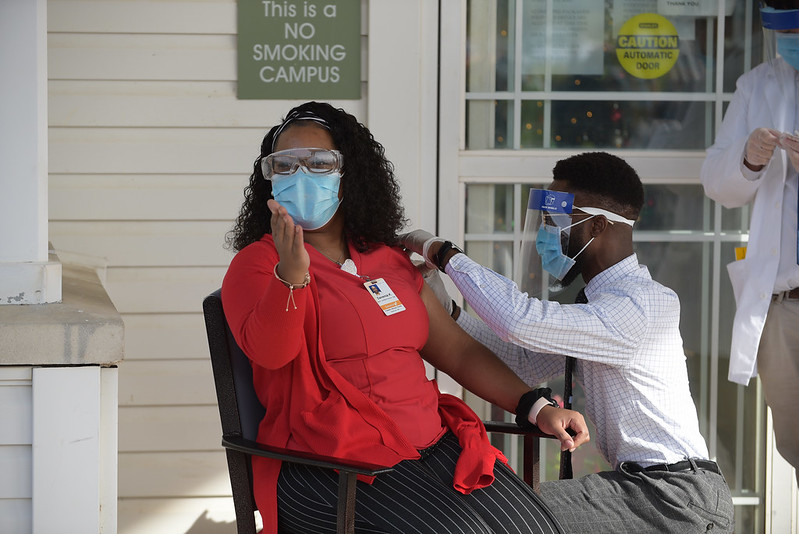For many years now, Medicare has not always covered nursing home care for patients post-hospitalization. Hospitals that treated patients as outpatient–even when the patients stayed overnight–had no right to Medicare coverage of their nursing home or rehab care upon discharge. Susan Jaffe reports for Kaiser Health News that this might finally be changing, in some cases.
More than ten years after a class-action suit was brought challenging Medicare nursing home coverage policies, a federal appeals court in Connecticut has ruled that patients should be able to challenge a Medicare coverage denial of their nursing home care if they were admitted to the hospital as an inpatient and the hospital switched their status to outpatient or observation, which is covered under Part B of Medicare. Complicated? Yep.
For reasons that are surely financial, hospitals sometimes admit patients as inpatients, which is covered under Medicare Part A, and then switch them to outpatient or observation status. What’s most insane is that a hospital can change a patient’s status even when the patient has stayed overnight for three nights and even after the patient has been discharged. The decision is completely unrelated to the care the patient received in hospital.
From the patients’ perspective, so long as they have Medicare Parts A and Part B and supplemental coverage, there is generally no difference how Medicare pays for their hospital care. But, if patients need rehab or nursing home care post hospitalization, there’s a big difference. Medicare generally only covers nursing home and rehab care for people who have been hospitalized as inpatients for at least three days.
Patients who receive outpatient care in hospital never qualify for skilled nursing or rehab coverage. It doesn’t matter if they received exactly the same care as an outpatient as they would have as an inpatient.
Consequently, tens of thousands patients who would have qualified for Medicare nursing home care had their hospital treated them as inpatients are denied Medicare nursing home or rehab coverage. If they need to be in a nursing home or rehab facility after discharge, they have to pay the full cost out of pocket.
If you are admitted to hospital, you want to speak with your doctor and make sure that the hospital admits you as an inpatient. Hospitals did not have to disclose this information until recently, when a federal law was enacted in 2017. Since then, they must give you written notice, but, until this latest ruling, you weren’t able to appeal the hospital’s decision to treat you as an outpatient.
The government has not said whether it will appeal this latest ruling. For now, patients who are admitted to the hospital as inpatients have the right to appeal a hospital decision to switch them to outpatient status. And, the tens of thousands of patients who have had to pay for their nursing home care because their hospitals switched their status can file a claim seeking reimbursement. For more information, visit the Center for Medicare Advocacy site.
Here’s more from Just Care:

Leave a Reply